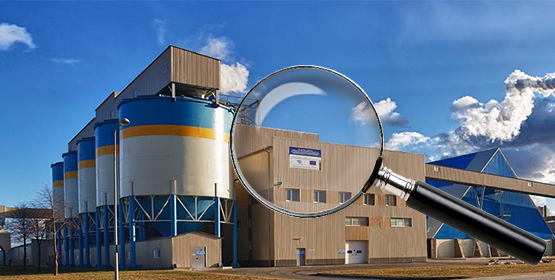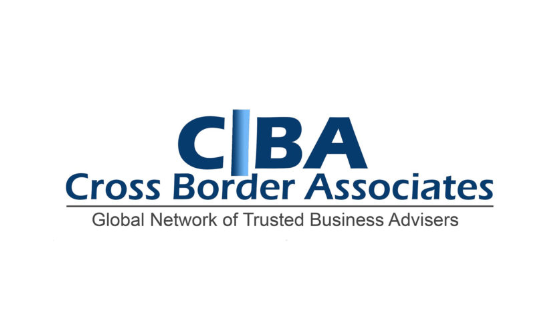
The valuation of ships is important in determination of cost of property and pledge procedure. Practically all world cargo shipping fleet depends on bank loans and for ensuring the financial safety creditors (banks) very scrupulously approach to an assessment of the vessels value provided as a deposit and all property of the depositor.
Proper valuation of marine vessels could not be effected without obtaining an opinion on the structural and mechanical conditions of the vessel as applies to all reasonably visible aspects of the vessel, her rig, machinery, service systems and her equipment.
Estimates of value arrived at is usually by studying the average current market value of similar vessels and adjusting this figure to reflect the condition of the vessel at the time of survey and not at the time valuation report was issued.
Specialists and surveyors of “Business Assist” company will conduct an assessment of value and condition of ships and any type of watercrafts:
- Cargo ships and sea-river vessels;
- Passenger ships and ferries;
- passenger ship whose length overall is 12 metres or over but less than 24 metres and carrying less than 200 passengers operating on domestic voyages or international voyages;
- Pushers, tugs and barges, engaged in maritime navigation, whose length overall is 12 metres or over and for which the provisions of the Conventions listed in the IMO regulations;
- Fishing vessels;
- Floating hotels and pontoons;
- Nonconventional high-speed vessels (hovercrafts, hydrofoil ships, catamarans, speedboats) ;
- Yachts, motorboats;
- Floating cranes, etc.
The assessment of a vessel will be most objective in case of use of all three recommended approaches:
- Expensive (is based that the cost of a vessel doesn’t exceed its recovery cost);
- Comparative (it is used only in the presence of enough of reliable market information about transactions of purchase and sale of similar objects);
- Profitable (forecasting of future income of a vessel is supposed at first and then recalculation of future income in the current cost becomes).
Factors which considerably influence the market value of a vessel:
- Technical condition of hull, rigging, machinery, service systems and equipment;
- Technical and operational characteristics;
- Charter rates and average current market value;
Assessment of the Technical condition
The assessment of the Technical Condition should be done by Independent Marine Surveyor which is often employed by the clients of marine insurers to provide evidence in support of damage claims made against the insurer. A marine surveyor provides the invaluable input for any meaningful valuation of marine equipment and machinery. He is a person who conducts inspection, surveys or examinations of marine vessels to assess, monitor and report on their condition and the products on them (www.marinesurveys.eu).
The assessment of vessels demands the analysis of the following documentation:
- The act of acceptance of a vessel in operation;
- Form (passport) of a vessel;
- Classification certificate;
- Tonnage Certificates;
- International Load Line Certificates;
- Safety Construction Certificate;
- Safety Equipment Certificate and Record of Safety Equipment;
- Safety Radio Certificate;
- Ship’s Radio Communication Licence;
- Safe Manning Certificate;
- Oil Pollution Prevention Certificate (MARPOL);
- Documentation of ship machinery and equipment;
- Ships and Machinery log books.
The list of documents and information for a vessel assessment:
- Register class, register number;
- Purpose of a vessel;
- Owner;
- Copies of documents of title;
- The overall and residual balance cost of a vessel (if the owner is the legal entity);
- Length, width, height of a board, depth;
- Displacement;
- Deadweight;
- Cargo hold capacity and volume;
- Sailing range;
- Number of decks and waterproof sections;
- Quantity and sizes of cargo hatches;
- Ship stock (fuel, fresh water);
- Ballast capacity;
- Main engine (maker, type, power);
- Auxiliary and emergency engines (maker, type, power);
- Propellers (type, quantity, material);
- Engine shaft reduction gear (maker, type);
- Short characteristics of ship devices (cargo, winches, anchor, steering);
- Life Saving appliances (type, quantity, capacity);
- Cargo gear equipment (if is);
- Electrical Power plant.
Why choose «Business assist»?

You seek advice, on the basis of which we offer you a solution to your problem.

We conclude an agreement and sign a contract, after which our specialists begin to work.

You receive a package of documents with an assessment of the service you need in a timely manner.






































